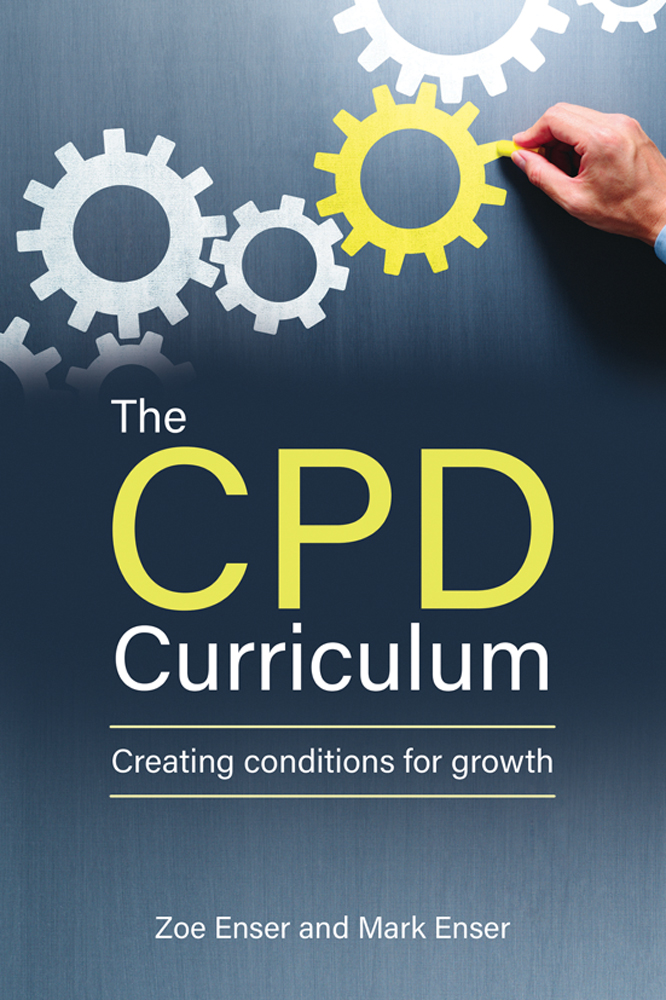We’re busy doin’ nothin’
Workin’ the whole day through
Tryin’ to find lots of things not to do
We’re busy goin’ nowhere
Isn’t it just a crime
We’d like to be unhappy, but
We never do have the time
Bing Crosby
There have been a lot of recent discussions around workload, and these have morphed, slowly, inevitably, crushingly, towards discussions about which teachers have to work the hardest. Who has the greatest marking load? Whose lessons are hardest to plan? Who has the most extra-curricular responsibility? This is hardly unique to teaching. Every job I have worked in has been filled with people who are all convinced they are working harder, have it harder, than everyone else.
In education, the question of which teachers have to work the hardest is a nonsense. It is too context dependent. If you work in a school with a ridiculous marking policy, stating that books need to be marked every X number of weeks, then the teachers with the most classes, usually non-core subjects, will probably spend more time marking. They simply see more classes during X number of weeks. Likewise, when it comes to exams, some people might have exams that are theoretically quicker to mark but who have more exam classes and therefore more papers to get through.
Even with this kind of marking policy, and certainly without it, things becomes more difficult as it will depend on how a teacher decides to mark and/or give feedback. If they decide to pour over every child’s book and interpret every piece of work like a wizened oracle reading the bones, looking for exactly where they have gone wrong and how they can put it right, they will spend longer than a teacher looking at the work of the class as a whole and seeing what lessons they as a teacher can learn. Any subject can mark in either way.
Sometimes people try to claim their subject has more marking because of the volume of writing it is felt is done in the subject. More words in the book must equal more marking, right? Well, maybe, depending on marking techniques used. But the conclusions about the workload of different subjects is still based on two faulty assumptions. Firstly, that everyone teaching your subject teaches it as you do, and secondly that people in other subjects teach it differently. It is possible for pupils to spend just as much time sitting and writing in most subjects, it is also possible for any subject to spend the majority of time in discussion and dialogue and for pens to barely touch paper.
There are also huge differences in how people approach planning, regardless of subject, the differing roles of any support staff who may, or may not, reduce a teacher’s workload, whether they use centralized planning or buy in resources from elsewhere. These are questions of how workload varies in different schools and from the approaches of individual teachers, not a difference in the inherent workload of a subject.
The truth is, we have very little idea of how other people are working, and therefore how much harder we are working in comparison. This gets even more problematic if we are unwise enough to start pontificating about the differences in working conditions between primary and secondary teachers. Even those people who have worked across subjects or phases can give little insight into the differences as the differences they experienced will be affected by both their specific setting and their own ways of working.
There will be those people who have found ways of working that dramatically cuts workload, but whilst some of us may have written best selling books about it (buy your copy of Teach Like Nobody’s Watching here), most people feel they need to keep this to themselves for fear of being labelled a shirker. We all have to buy into the cult of business or be labelled a work-shy heretic.
Instead of spending time arguing over who has it hardest, wouldn’t it be better to use that time to come together and work with our unions and professional bodies to agree a reasonable amount of time to be spend working and then to work on putting systems and structures in place to make that achievable? Rather than seeing a high workload as a badge of honour to be proudly buffed in public, shouldn’t we see it a as sign that something has gone badly wrong?
In my 19 years in the classroom I have encountered very few teachers who didn’t spend every available hour working, regardless of subject or phase. Frankly, I wish I had spent more time learning from those who didn’t.
Mark Enser is head of geography and research lead at Heathfield Community College. His latest book, The CPD Curriculum, is out now.



